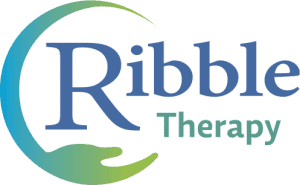Exercise. Some people’s best friend and others’ worst enemy. Wherever you sit on the opinion scale for exercise, its health benefits are indisputable. The big one is its link to weight loss, fitness levels, and the health of vital organs and muscles in the body.
But, in the control centre of all these bodily functions sits the brain. And while you may not physically see the changes happening to your brain when you exercise, it is an electrical storm of activity while you’re on the move.
So, what exactly does exercising do to your brain?
Exercise sends more oxygen to the brain
The general aim of exercising is to get your body moving and your heart rate up. Increasing your heart rate means that more oxygen is being pumped to the brain. This stimulates the growth of blood vessels and assists oxygen saturation to the areas of the brain that affect intellectual performance, rational thinking and decision making, and social and physical performance.
It can improve your memory
Cardio/aerobic exercise such as running, or walking have been known to trigger cell growth in the brain’s hippocampus (responsible for learning and memory retention). This means that the hippocampus increases in size and can assist in your ability to learn new information as well as retain and recall memories.
It improves your mental health
Exercise is often prescribed as an anti-depressant and anti-anxiety ‘drug’, with some incredible results. High intensity exercises are known to trigger a release of endorphins in the body (the feel-good hormone) resulting in an improved mood and mental health.
Exercise also helps the brain grow new cells and create new paths and connections, leading to better brain function and improved overall mood. Lastly, an increase in the hippocampus’s size is also linked to better mood regulation helping to alleviate depression symptoms.
It increases blood flow to keep you sharper
Exercise keeps you focused and at your brain’s peak performance levels by increasing blood flow and neuroplasticity, allowing itself to grow new cells, increase brain-derived proteins and improve your overall focus. Exercising first thing in the morning before work or a big day will mean your brain is performing at its top level and can better combat mental stressors, help you learn new information, solve puzzles, and deal with complex situations.
Regular exercise means the brain is getting a healthy dose of oxygen and blood to fuel brain cells, improve mental health, and all with the added physical bonuses! In the long term, exercise is also linked to defending against Alzheimer’s disease and brain decay, making it the ultimate choice for optimum health.
For more information on how massage can benefit you please contact Nikki on 07801 580694 or email us




